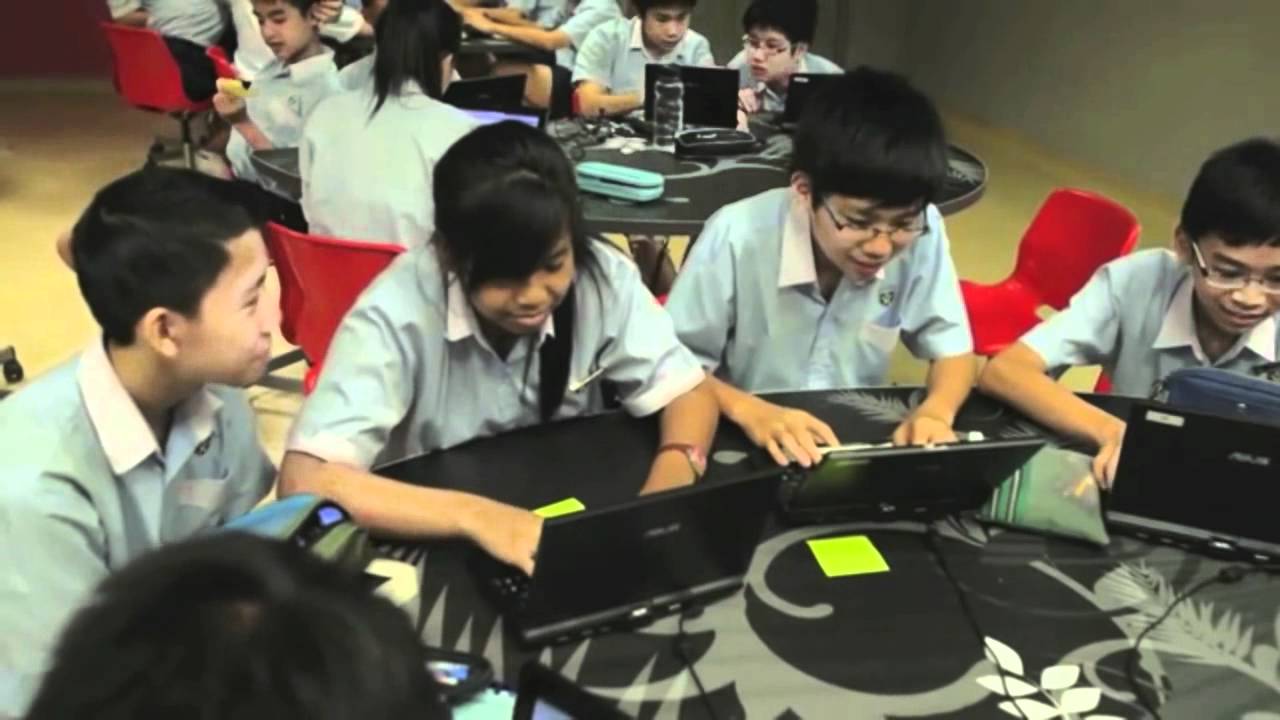SINGAPORE: A study has highlighted the staggering economic and social cost of adverse childhood experiences (ACEs), estimating the toll on society as high as $1.2 billion annually.
The research, conducted by the Institute of Mental Health (IMH) and KK Women’s and Children’s Hospital (KKH), examined the long-term impact of early childhood trauma, including neglect, abuse, or growing up in a dysfunctional family environment.
The study surveyed 4,400 individuals and found nearly two-thirds of participants had encountered at least one adverse experience before turning 18.
These ACEs have been linked to higher rates of healthcare usage and a decline in work productivity, leading to increased costs for the healthcare system and society.
The research determined people with at least one ACE contribute an additional economic burden of $770 per person annually, compounding the massive overall cost.
Experts in the study stress that while ACEs can have long-lasting consequences, timely intervention can significantly alleviate their effects.
Early and focused intervention can help reduce the emotional and economic impact of these experiences, and a strong parent-child relationship has been identified as a key factor in buffering children from the long-term effects of trauma, with intervention programs emphasizing empathy and understanding.
KKH’s specialized medical teams work with children referred by the Ministry of Social and Family Development, providing tailored care for those impacted by ACEs.
Between 2022 and now, the hospital admitted approximately 400 to 600 children aged 18 and under, with around 100 to 200 of these cases involving children between the ages of zero and six.
IMH also plays a crucial role in addressing the effects of childhood trauma through its resilience program, launched in 2008.
The year-long initiative, which has benefited over 1,070 children and their families, focuses on helping parents and children navigate mental health challenges, preventing long-term harm through services like home visits and family-focused activities.

